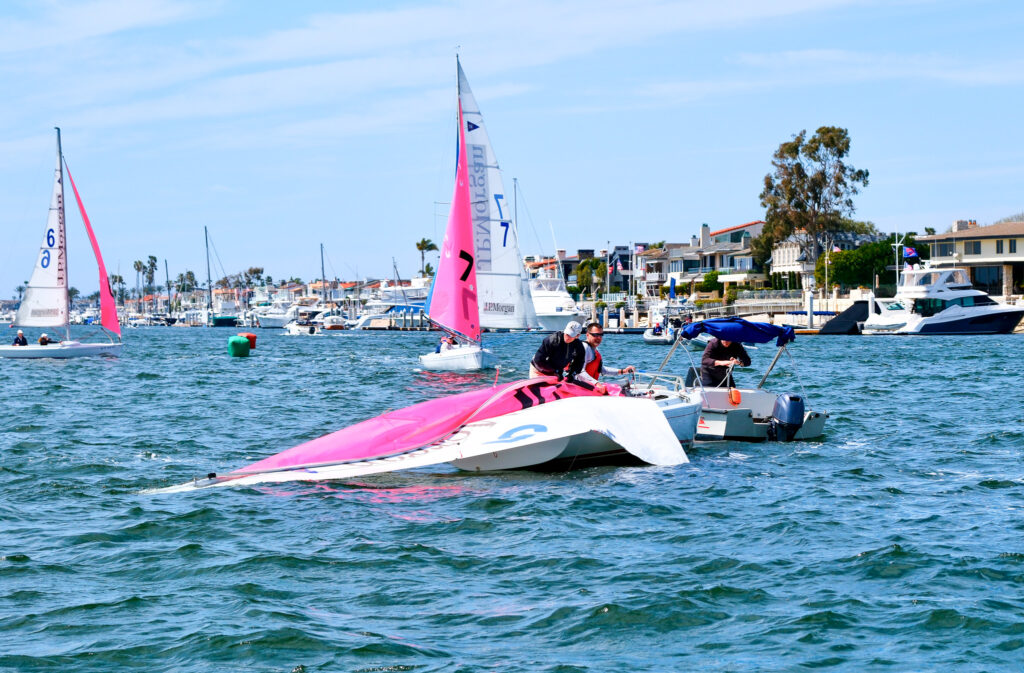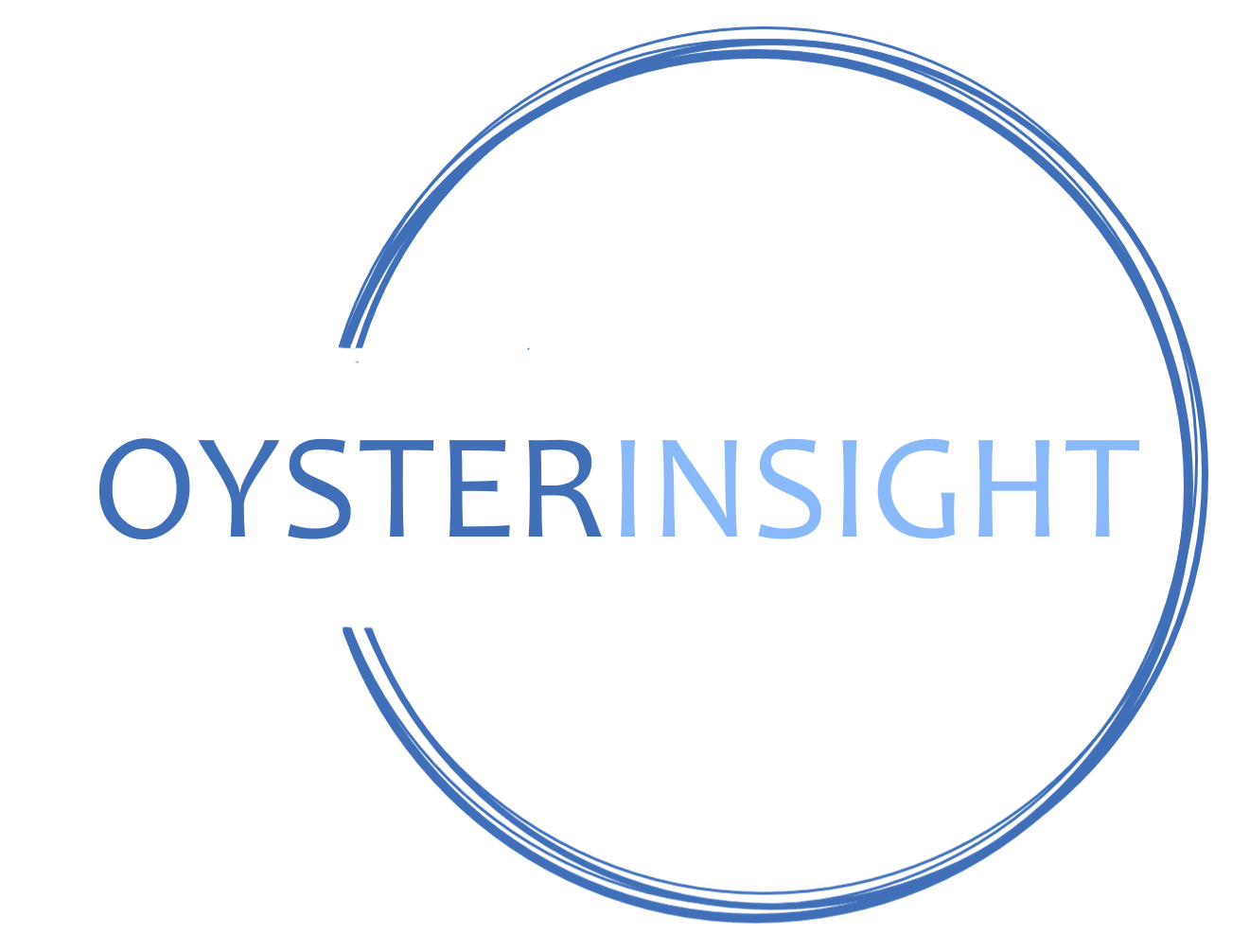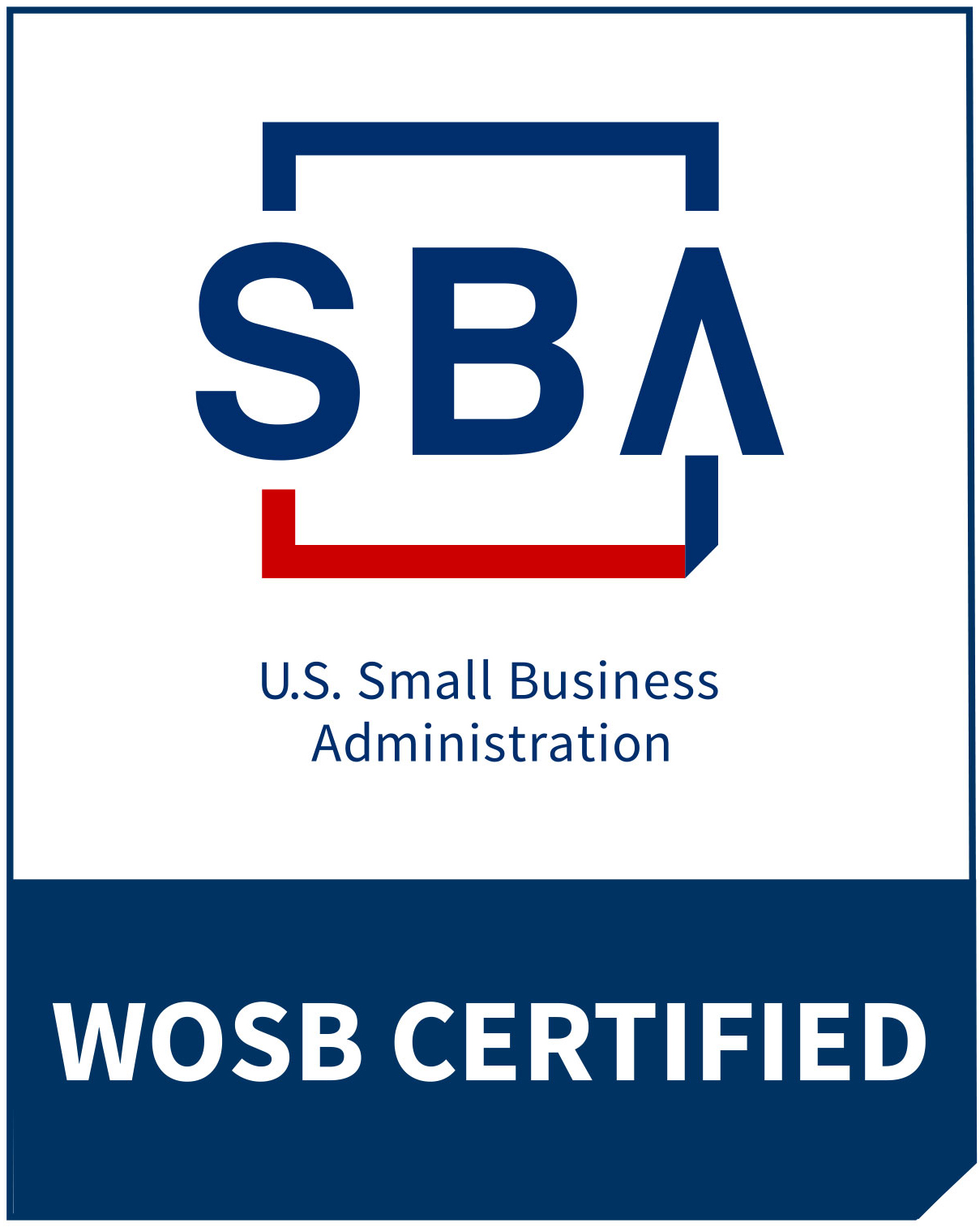I’ve just finished a three-day team racing sailing regatta, hosted by Newport Harbor Yacht Club. In this format, two teams race each other at a time. There is no second place; there are only winners and losers. It’s very binary – you either get one point or zero.
And in this regatta, everyone lost at least once. In fact, the winning team, San Diego Yacht Club, lost six races! You have to be willing to be vulnerable, and to lose, to do this sport.
In order to confidently approach the starting line for the next race after your loss, you can’t let that “zero” stare you in the face. You have to be like Ted Lasso’s “Goldfish Brain” with a 10-second memory, or dance like Taylor Swift and “Shake it Off.”
In order to face the starting line over and over again successfully, you have to be humble enough to learn from your mistakes in the races you lost. And the sooner you can admit your mistakes and learn from them, the sooner you can put that learning into action. If it takes you 20 minutes to learn, you’ve lost another 12-minute race in the meantime. If it takes you a day to acknowledge your errors, you can’t put into practice what you’ve learned until the next regatta!
Humility and Vulnerability
Humility and vulnerability are critical components to flourish in the “growth zone.” They give us some amazing powers:
- Promoting self-awareness and accepting limitations: Humility and vulnerability allow us to recognize our own limitations and areas where we need (or want) to improve. This self-awareness can help us focus on these areas and seek out resources or guidance to do so.
- Being open to feedback: Being humble and vulnerable helps us welcome and accept constructive criticism and feedback without becoming defensive or resistant. This allows us to learn from our mistakes and make adjustments more quickly.
- Embracing new perspectives and encouraging openness: Humility and vulnerability allows us to approach new ideas and information with an open mind, even if they challenge our existing beliefs or understanding. This can help us broaden our knowledge and develop a more nuanced understanding of complex topics. Together, they allow us to learn from others and expand our view of the world around us.
- Collaborating with others and fostering connection: Humility can help us work more effectively with others, recognizing and valuing the contributions of our peers (and teammates!). This collaboration can help us learn from others’ expertise and develop new skills more quickly. Vulnerability can help us connect with others on a deeper level, as it allows us to share our experiences and emotions in a more authentic way. This connection can create a sense of trust and safety that encourages learning and growth.
- Encouraging risk-taking: The growth zone is a risky place. When we allow ourselves to be vulnerable, we become more comfortable with taking risks and stepping outside of our comfort zones. This willingness to take risks can lead to new experiences and opportunities for learning and growth.

Winning through losing
Obviously, we lost more races than San Diego Yacht Club did. But we lost fewer than we did last year at this regatta! Opening ourselves to humility and vulnerability allowed us to learn from our mistakes and our teammates. It also allowed us to connect with our competitors and to learn from them. When our competitors saw that we earnestly wanted to get better, there wasn’t one that didn’t answer our questions off the water with support and encouragement.
Watching my skipper, a champion in other aspects of our sport, pick up a new discipline and allow himself to be “schooled” by his peers is amazingly powerful. His desire to learn, and his humility and vulnerability in doing so, is going to be his most competitive edge.
I’m not as accomplished as my skipper is, and for me, this humbling, vulnerable experience is exciting, rewarding and energizing. As I become a better team racer, I also become a better fleet racer. The lessons I am learning are making me better at everything else I do in life, also – as wife, mother, coach, and business leader. I’m coming home with renewed energy and additional insight to tackle everything waiting for me.



